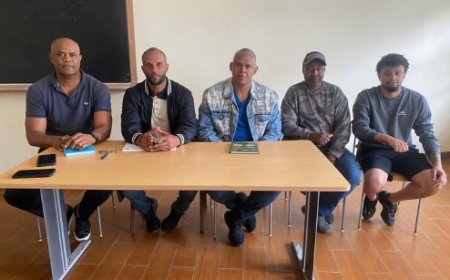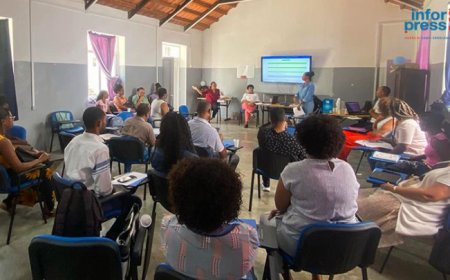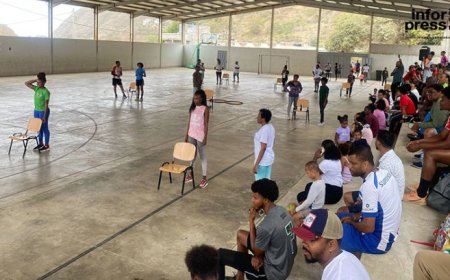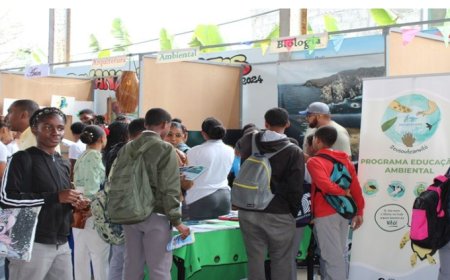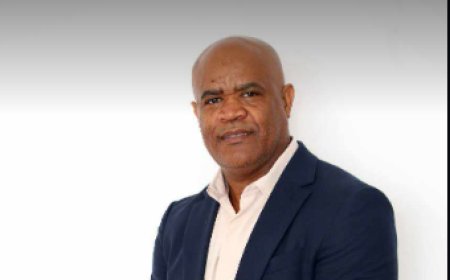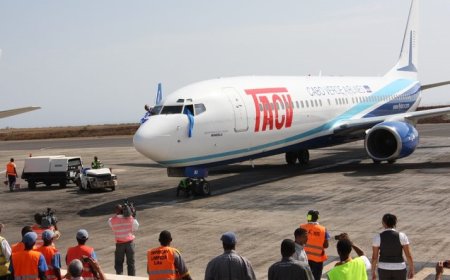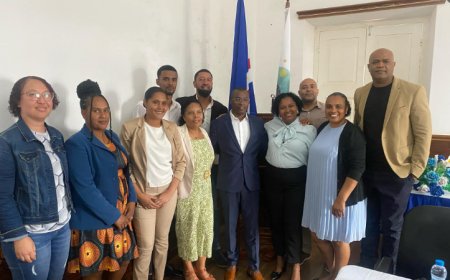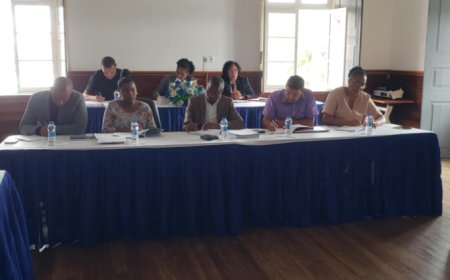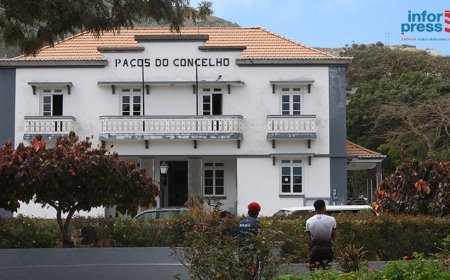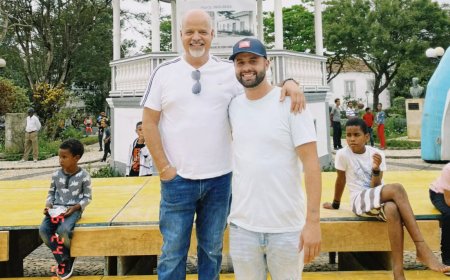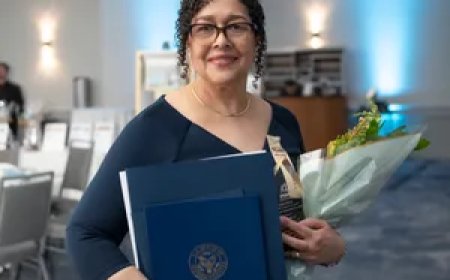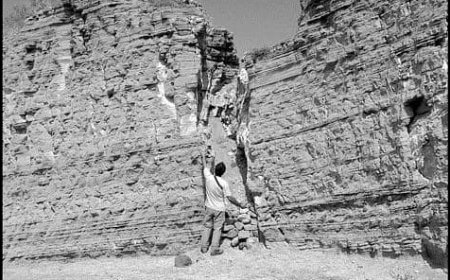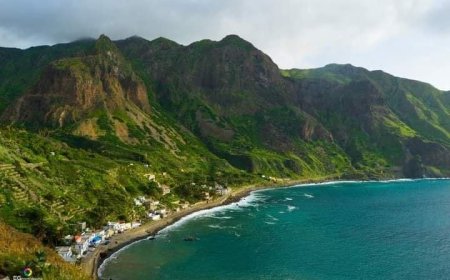The frustrating dichotomy between the great power of achievement of the emigrants from Brava and the lack of desire to do great
(...) Emigration is a common phenomenon in many societies around the world, and Brava, a small island in the Cape Verde archipelago, is no exception. The people of Brave have a long history of emigration, mainly to the United States of America, in search of better opportunities in foreign lands. Many have found significant success in their ventures abroad, demonstrating a remarkable power of achievement. However, this achievement often contrasts with the apparent lack of desire to make major changes or investments on the island itself. This dichotomy between success abroad and local stagnation is a complex issue that deserves in-depth analysis.
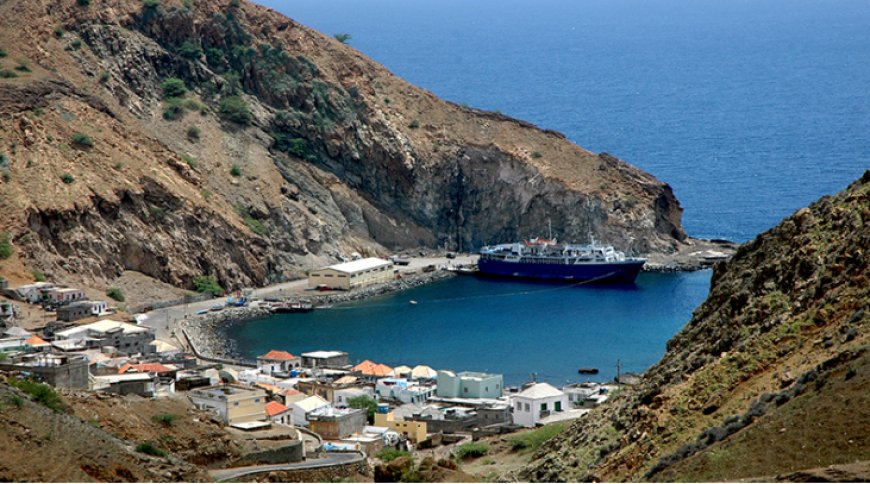
Brava, the smallest inhabited island in the Cape Verde archipelago, has a population that faces significant socioeconomic challenges. Emigration has been a traditional escape valve for people from Brava in search of opportunities they cannot find at home. Many emigrants from Braga have achieved success in various parts of the world, contributing to the economies of their host countries and even to their home communities. However, the island of Brava continues to struggle with development problems and economic stagnation. This disparity between overseas achievement and local inertia is an intriguing question that deserves investigation.
Braves have a reputation for entrepreneurship and hard work wherever they go. Many have found success in industries such as construction, commerce, health services and education, among others. Their stories of overcoming and conquest are inspiring and demonstrate the resilience and determination of the people of Brava. These emigrants often send remittances to their families on the island, contributing to the local economy and the well-being of their loved ones.
Despite the success of Brava emigrants, the island of Brava continues to face significant challenges in terms of economic development. Agriculture, which has historically supported the island, faces difficulties due to water scarcity and a lack of modernization. Tourism, although promising, has not yet reached its full potential due to a lack of infrastructure and effective marketing. Furthermore, the island lacks investment in key sectors such as renewable energy, technology and education.
The dichotomy between the success of Brava's emigrants and the economic stagnation in Brava can be attributed to a series of interconnected factors. Firstly, emigration is often motivated by a lack of local opportunities, pushing people from Brava to seek success elsewhere. Furthermore, the absence of effective local development and investment policies has perpetuated economic stagnation on the island. It is also important to consider the influence of local mindset and culture, which may value stability over innovation and risk.
Among all the emigrants from Brava spread across the four corners of the globe, it is important to highlight the presence of talented intellectuals in the emigrant community. Brava has produced a generation of academics, writers, artists and professionals in various areas of knowledge. However, many of these individuals face significant challenges in finding opportunities to contribute to local development.
The lack of adequate spaces for cultivating intellect and promoting creativity has been a barrier for many of these talents. The absence of higher education institutions on the island, as well as the scarcity of investment in research and innovation, limit opportunities for intellectual flourishing and the application of knowledge to solve local problems.
Furthermore, the lack of recognition and support from local authorities and the community in general may discourage Brava intellectuals from remaining engaged in their areas of activity and actively contributing to the development of the island.
To overcome this gap and fully harness the potential of talented Braga intellectuals, it is essential to create spaces and opportunities for the exchange of ideas, collaborative research and the development of innovative initiatives. This may involve establishing research centers, promoting continuing education programs, and creating incentives for entrepreneurship and local innovation.
By investing in the intellectual and creative development of its population, Brava can not only strengthen its knowledge and talent base, but also create the conditions for more sustainable and inclusive economic and social development. Valuing and supporting Brava's intellectuals is fundamental to building a prosperous and vibrant future for the island and its communities.
In addition to issues related to the lack of spaces for intellectual and creative contribution, it is essential to address the importance of unity and leadership within the Brava community. Without effective cohesion and leaders capable of directing collective efforts, all the potential and energy of Braga emigrants, as well as talented local intellectuals, are at risk of being wasted.
A lack of cohesion and leadership can result in fragmentation and a lack of direction in the island's development efforts. This can lead to internal conflict, wasted resources, and a lack of meaningful progress on initiatives important to Brava's advancement.
It is crucial that the Brava community works together, joining forces and resources to identify and address the challenges facing the island. This requires the creation of solid partnerships between Bravo emigrants and local residents, as well as the establishment of effective communication and collaboration channels.
Furthermore, inspiring and capable leadership is needed, both at the local and regional level, and in the emigrant community, who can articulate a shared vision for Brava's future and mobilize the community around it. These leaders must be able to build consensus, promote active participation and coordinate efforts to achieve common goals.
Only through strong unity and effective leadership can the energy and potential of Brava's emigrants and talented local intellectuals be channeled productively to drive sustainable development and progress in Brava.
In conclusion, the dichotomy between the success of Brava's emigrants and the economic stagnation in Brava is a complex reality that reflects the challenges faced by many communities around the world. As the people of Brava continue to thrive in foreign lands, it is crucial that local leaders and stakeholders work together to harness this potential and promote sustainable development on the island. This will require strategic investments, effective policies and a shift in mindset towards progress and innovation. Only through coordinated and collaborative efforts can Brava fully harness her entrepreneurial talent and create a prosperous future for generations to come.
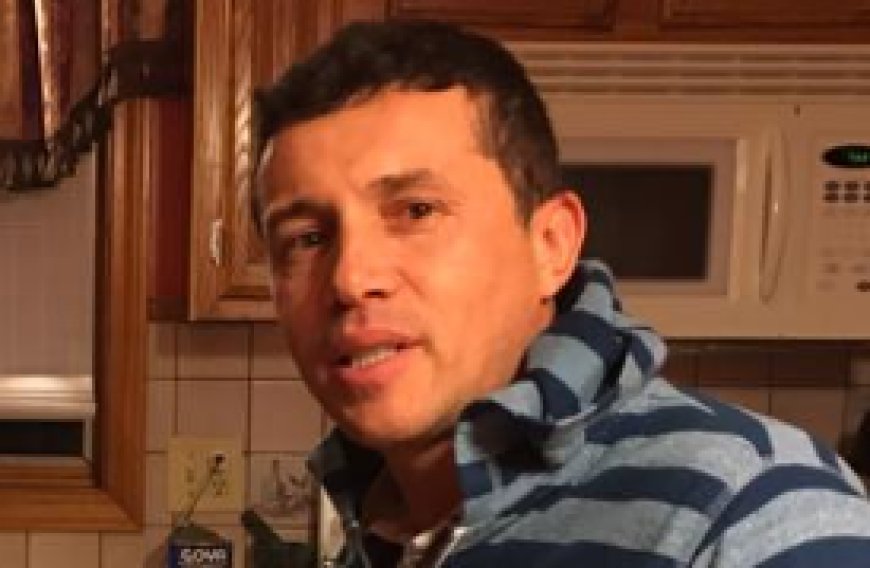
Moises Santiago
Pawtucket, February 8, 2024







